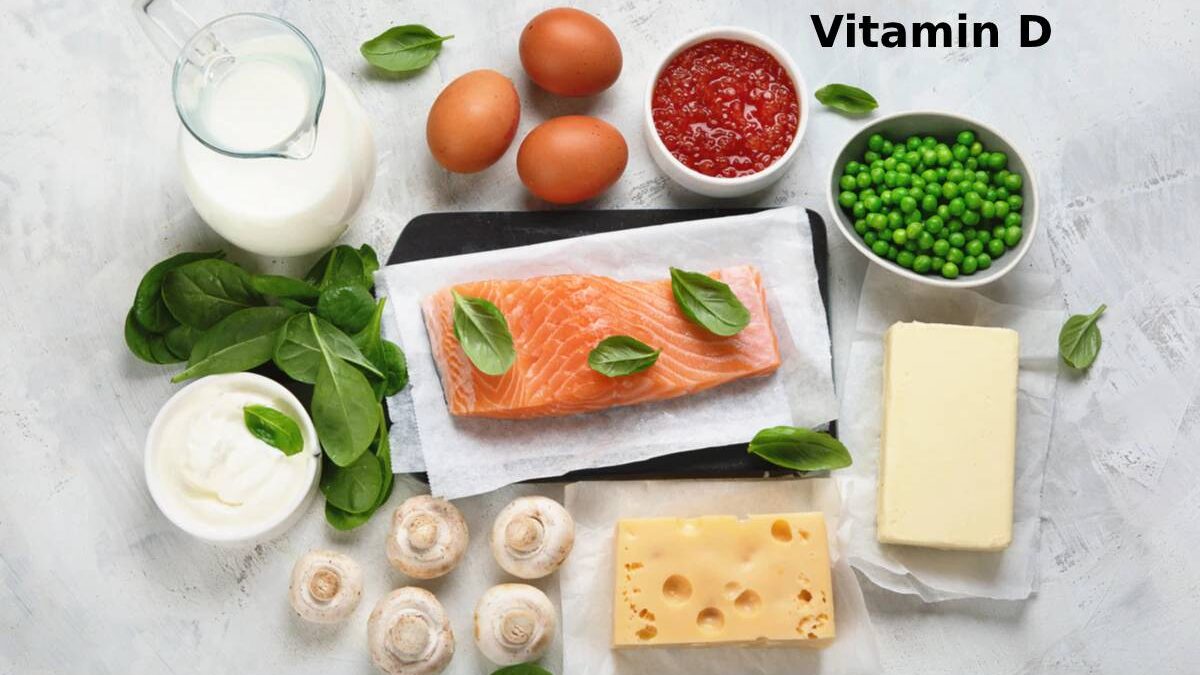Table of Contents
Introduction
Vitamin D, also recognized as the sunlight vitamin, is a nutrient our body produces thanks to direct sun exposure naturally. It is a fundamental vitamin for our body since it mainly helps maintain our skin and bones.
Vitamin D belongs to the group of fat-soluble vitamins; that is, it is stored in the body’s fatty tissue. Thus, its deficit can lead to the appearance of degenerative diseases such as osteoporosis, generate discomfort or muscle pain and even affect the person through insomnia or depression.
Properties and Benefits of Vitamin D
Knowing the benefits of vitamin D will allow you to see the scope of this nutrient’s properties to our body. The most outstanding benefits are:
Calcium and Phosphorus Absorption
The primary purpose of vitamin D is to assimilate minerals such as calcium or phosphorus, which allows for fixing the bone structure and thus prevents problems such as osteoporosis.
Thanks to vitamins, bone decalcification, the fragility of the bone structure, and the prone to breakage are avoided if an excellent fixed dose of calcium is unavailable.
Immune System Booster
Our body requires vitamins to fight viral and bacterial diseases. Thus, its consumption allows us to strengthen our immune system and keep us healthier. Hence, in part, it is said that when we are sick, it is so good to eat oranges.
Improves the Nervous System
Vitamin D directly influences the transmission of nerve impulses between the brain and the body, favouring the nervous system’s proper functioning and facilitating muscle contractions.
In this sense, acquiring this nutrient is more important, if possible, in developing children and athletes.
Improves Blood Pressure
Vitamin D helps balance blood pressure levels, thus preventing the development of heart disease, so the nutrient helps strengthen the heart.
Keeps Skin Hydrated
Vitamin D is also perfect for dry skin since one of the benefits of vitamin on the skin is that it maintains hydration. Although vitamin is necessary, constant exposure to the sun is not good since, otherwise, the opposite would happen: the skin would be dry and damaged.
However, vitamin D3 (a vitamin belonging to the group of vitamin D) protects the skin from dehydration and UVA rays, helping us make our dermis look much healthier.
In this sense, it is not that vitamin D hydrates the skin exactly but that it prevents it from becoming dehydrated and damaged since one of the symptoms of a lack of vitamin D is dry skin.
Prevents Cancer
Taking vitamin D daily can help us reduce the chances of developing cancer, specifically breast cancer in women and prostate cancer in men.
Likewise, scientific studies have observed that this vitamin is beneficial for treating ovarian and uterine cancer.
Strengthens the Hair
On the other hand, vitamin D is also essential for hair. As it helps prevent hair loss and provides shine and strength. Also, the vitamin helps make hair grow faster.
Lack of vitamin D: Symptoms
As previously pointed out, vitamin D is a fundamental nutrient for our body. The lack of this vitamin can affect our health and mood. So it is essential to know the symptoms of vitamin deficiency to give it even more value. Namely:
- Weak bones: in its primary function, vitamin deficiency can lead to problems in the bone structure, such as pain or discomfort.
- Weakness in the teeth or cavities: the lack of vitamins can affect the teeth, favouring the appearance of holes or weakening the teeth.
- Depression: if our body lacks vitamins, the feeling of sadness increases. It occurs because serotonin levels fall due to lack of sun exposure, making us more prone to depression.
- Heart disease: the absence of vitamins in our body increases the risk of heart disease or diabetes. Since the vitamin is closely related to circulation and glucose metabolization processes.
- Stomach problems: if you suffer from gastrointestinal issues. Therefore, the absorption of fats and said vitamin is difficult since it is fat-soluble. Gastrointestinal issues may not allow you to get this vitamin properly, translating into other problems, such as those discussed above.
How to Take Vitamin D
The main routes to obtain are through direct exposure to sunlight or diet:
- Sun exposure: go outside every day to enjoy natural light. Sunbathing between 15 and 30 minutes daily will be necessary for your skin to produce vitamins.
- Food: eggs, dairy products, salmon, tuna, red meat, and red fruits. These foods will allow you to obtain a good dose of vitamins.
However, it is also likely to take in the form of supplements. This is essential for people with darker skin since the melanin in the skin makes it difficult to absorb vitamins through sun exposure.
Conclusion
Vitamin D is one of the essential fat-soluble vitamins for the normal formation of bones and teeth and calcium absorption in the intestine. Vitamin deficiency can reason osteoporosis and rickets.

